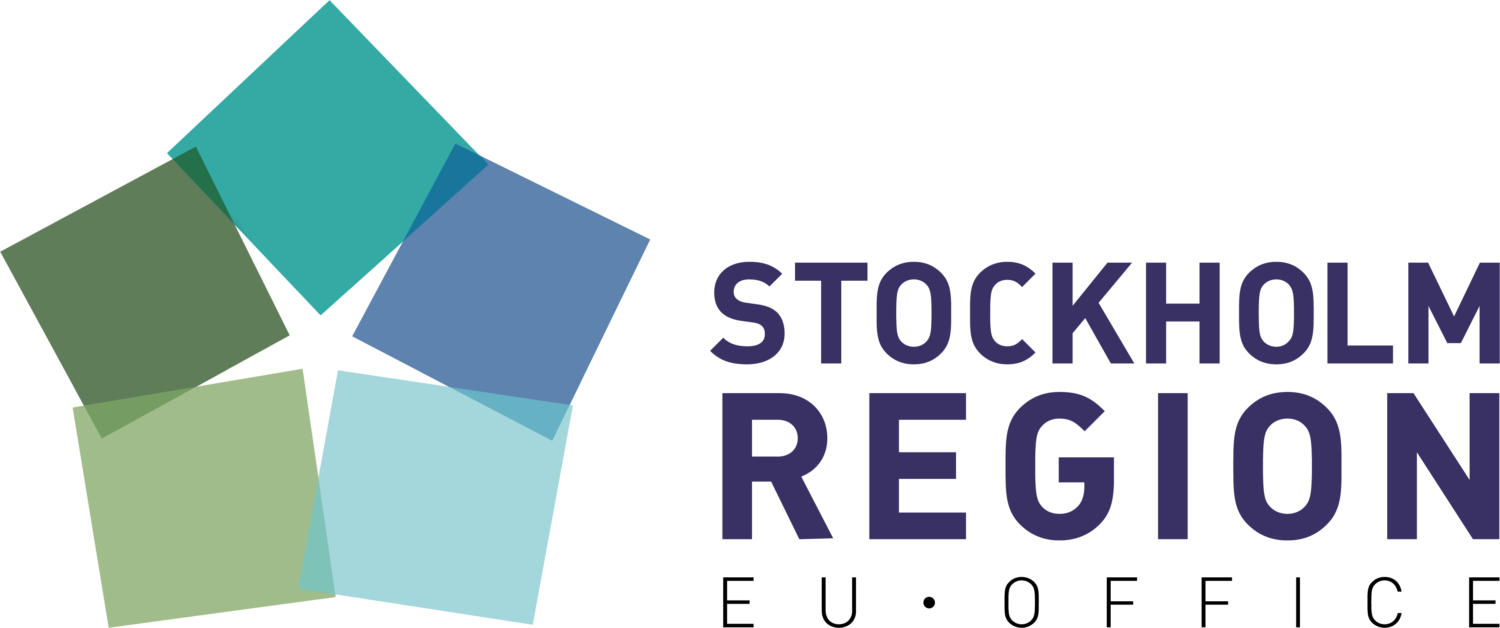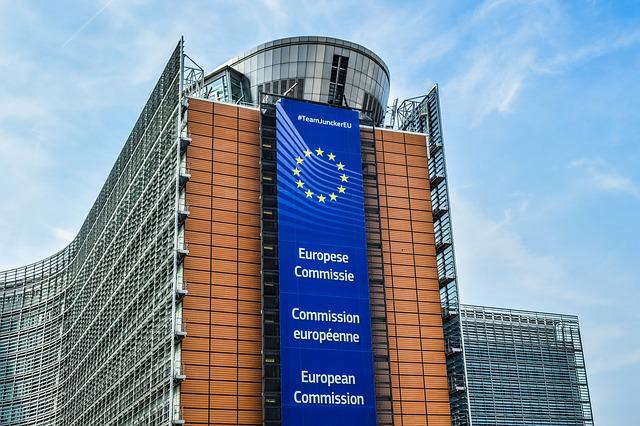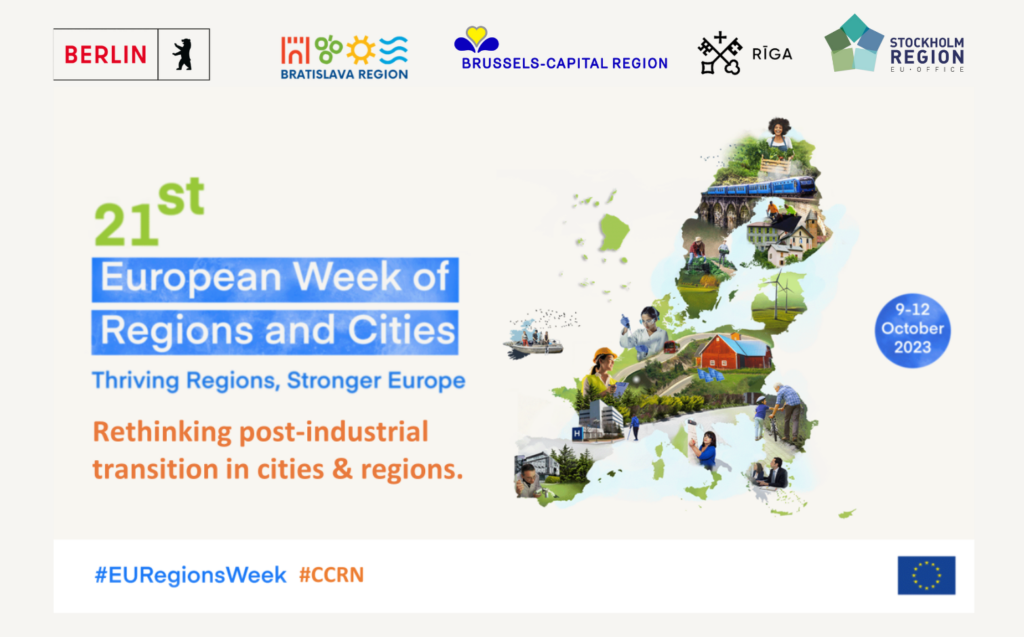The Stockholm Region EU Office has been located in Brussels for 30 years and is continuously advocating for a sustainable, smart, and competitive transition at an EU level from a local and regional perspective. At the same time, promoting a just and inclusive transition, taking perspectives such as gender equality and skills into account. In line with these efforts, the Stockholm Region EU Office advocates on the basis of three key areas; sustainable growth, competitiveness and innovation.
During the following mandate period of 2025-2030 the office focuses on the implementation of regulations in AI, cybersecurity, digital wallets, and other digital policies with regional and municipal impact. For example, the EU’s initiative on cybersecurity for hospitals and healthcare providers, as well as the implementation of the European Health Data Space (EHDS).
In the field of digitalisation and mobility, the focus is on sustainable charging infrastructure, digital transport services, innovative technology development, as well as interoperability and intelligent transport systems (ITS). Additionally, data management and sharing as well as connected and autonomous vehicles, are key priorities.
Positions






















